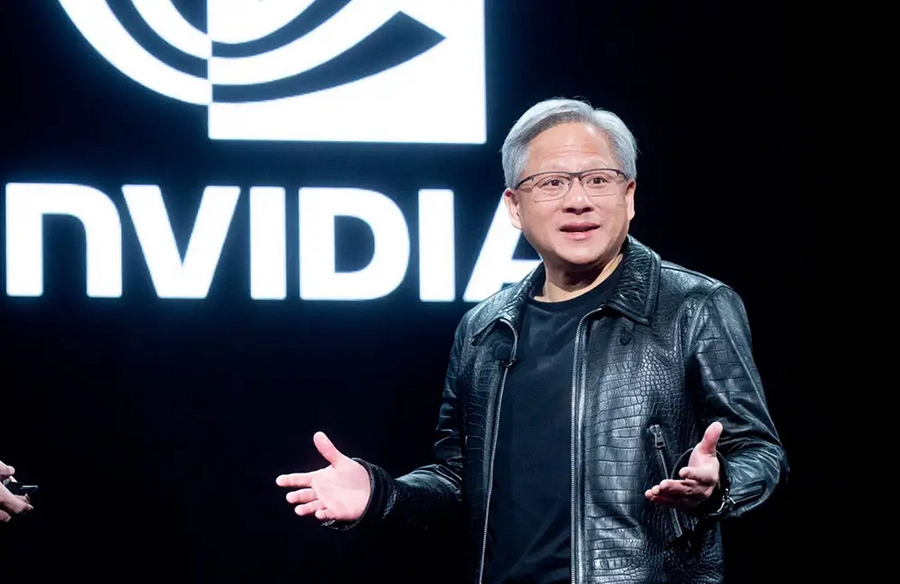Nvidia, a leading chip manufacturer, is experiencing unprecedented demand for its AI chips, prompting CEO Jensen Huang to reassure analysts about the company’s allocation practices.
Assurance of Fair Allocation
During a call with analysts following the release of fourth-quarter results, Huang emphasized Nvidia’s commitment to allocating chips “fairly” amidst soaring demand. He acknowledged the challenge of distributing chips to various companies, including competitors, and underscored Nvidia’s efforts to avoid unnecessary allocation.
Collaboration with Cloud Service Providers
Huang highlighted Nvidia’s collaboration with cloud service providers to ensure that chip allocation aligns with their needs and timelines. He emphasized the importance of avoiding wasteful allocation, especially when data centers are not fully prepared to utilize the chips effectively.
Meeting Diverse Industry Demands
The surge in demand for Nvidia’s chips spans multiple industries, including healthcare, financial services, and autonomous driving. Huang reiterated the company’s focus on fair allocation, waste reduction, and facilitating connections between partners and end users to meet the diverse needs of these industries.
Strong Financial Performance
Nvidia reported impressive fourth-quarter results, with revenue reaching $22.1 billion, marking a substantial increase of 265% compared to the previous year and surpassing Wall Street’s expectations. The company’s stock has surged over the past year, driven by the widespread adoption of AI technologies.
Concerns About Overvaluation
Despite Nvidia’s stellar performance, some analysts have raised concerns about the stock’s valuation. Cathie Wood of Ark Invest described Nvidia as an overvalued “check-the-box stock” in a recent podcast with The Wall Street Journal. However, Nvidia’s shares surged by 9.1% in after-hours trading following the release of its fourth-quarter results.
Continued Growth Amidst High Demand
Despite concerns about valuation, Nvidia remains optimistic about its growth prospects, particularly in the accelerated computing and generative AI sectors. The company anticipates sustained demand for its chips across various industries, driving further growth and innovation in the coming years.




Leave a Reply